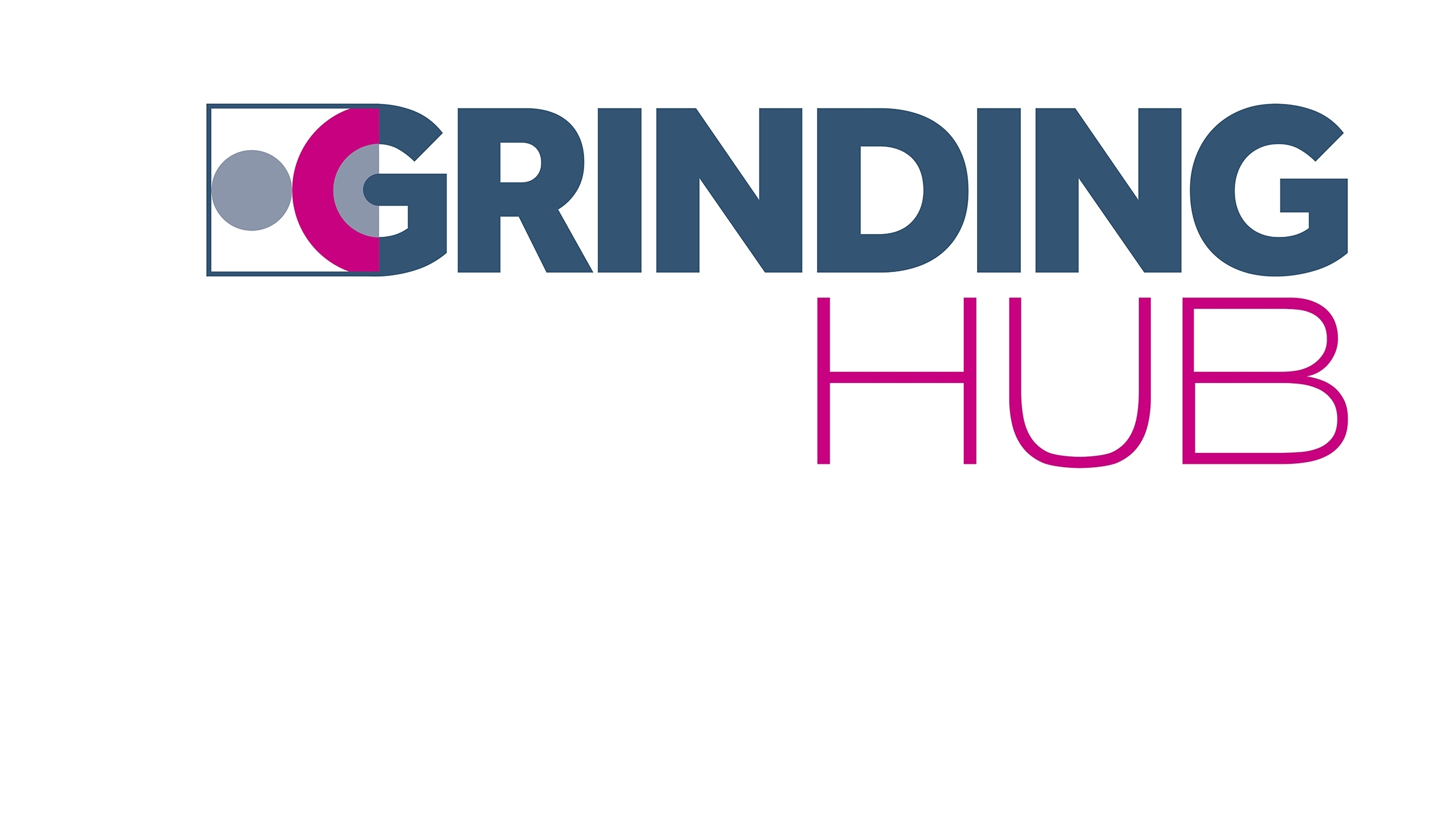With its combination of grinding technology, automation systems and software, GrindingHub 2022 offers the perfect platform to find out more about this area, with exhibitors at GrindingHub already providing initial insights into the solutions that help to significantly increase productivity and reproducibility.
Robot-assisted grinding
First-class surfaces are essential in metal and woodworking as well as in the automotive and aerospace industries. Fine machining in particular is still carried out by hand in many places, as human sensitivity is difficult to imitate. However, manual polishing, grinding and brushing is strenuous and time-consuming. Automated processes offer an attractive alternative here, allowing flawless surfaces to be achieved more quickly and cost-effectively. At the same time, they relieve people of monotonous and dusty work.
The new tools for automated machining from Schunk GmbH & Co. KG in Lauffen am Neckar have innovative features to compensate for force and positional inaccuracies, enabling almost perfect results to be achieved. A pneumatic random orbital sander with axial compensation, for example, is the "specialist" for sanding and polishing. Thanks to the adjustable compliance, constant contact pressure and uniform surfaces can be achieved.
Manufacturing complex workpieces in a closed loop
"The Closed Loop ensures the highest production quality and the smallest profile tolerances - with a high level of user-friendliness. Even with extremely demanding workpieces, such as grinding wheel bases, turbine blades or grooving plates, the application on the store floor is extremely robust," says Marie-Sophie Maier-Wember, Managing Director of Haas Schleifmaschinen in Trossingen. Software becomes a precision driver, as mechanical forces are constantly at work during grinding, particularly at the edge zones of the grinding tools. The forces affect the interaction between the workpiece, grinding tool, clamping device and grinding machine. It is accompanied by progressive inaccuracy, which has an unfavorable effect on the workpiece quality - especially if there is no permanent data exchange between the workpiece and the grinding machine within this system. A self-controlling process using an integrated measuring solution successfully prevents this loss of precision. Systematic and machine-specific deviations are continuously determined by measurement technology during operation and passed on to the Haas Schleifmaschinen software. This has many compensation functions that complement each other. This means that all shape deviations can be compensated with µ-precision.
Future-proof - networked and automated
Automation solutions have been an integral part of the product portfolio of the mechanical engineering company Blohm Jung GmbH from Hamburg for many years. A current example of this is the tool changer for the current series of grinding machines. The cost-efficient solution offers users numerous advantages - from reduced set-up times to virtually unmanned operation, even with complex workpieces. "However, automation is only one important factor in increasing productivity," says Stefan Springer, Head of Product Management at Blohm Jung. "Machine connectivity is also becoming increasingly important, because the future of industrial production is networked." Machines communicate with each other, exchange data, control and regulate each other. This makes processes more efficient and increases productivity. With its "digital production monitor", for example, Blohm Jung offers customers the ideal tool for digitally monitoring and optimizing production capacity utilization at any time and from anywhere. Running and non-productive times, quantities or downtimes are displayed in real time. This allows production backlogs to be identified at an early stage.
The advantages of current products and solutions can be clearly understood in a direct exchange with the experts. Is the offer suitable for the next project? Which fine machining is suitable for the specific component and how exactly does the software help me with the production processes? Visitors to the companies' stands at GrindingHub 2022 in Stuttgart can find out how processes can be future-proofed.
Background GrindingHub 2022 in Stuttgart
GrindingHub will take place for the first time in Stuttgart from May 17 to 20, 2022. It is the new leading trade fair and the new center for grinding technology. It will be organized every two years by the VDW (German Machine Tool Builders' Association), Frankfurt am Main, in cooperation with Messe Stuttgart and under the ideal sponsorship of the "Machine Tools and Production Technology" sector of Swissmem (Association of the Swiss Mechanical, Electrical and Metal Engineering Industries). Grinding technology is one of the top 4 manufacturing processes within the machine tool industry in Germany. In 2020, the industry produced machines worth 870 million euros.


